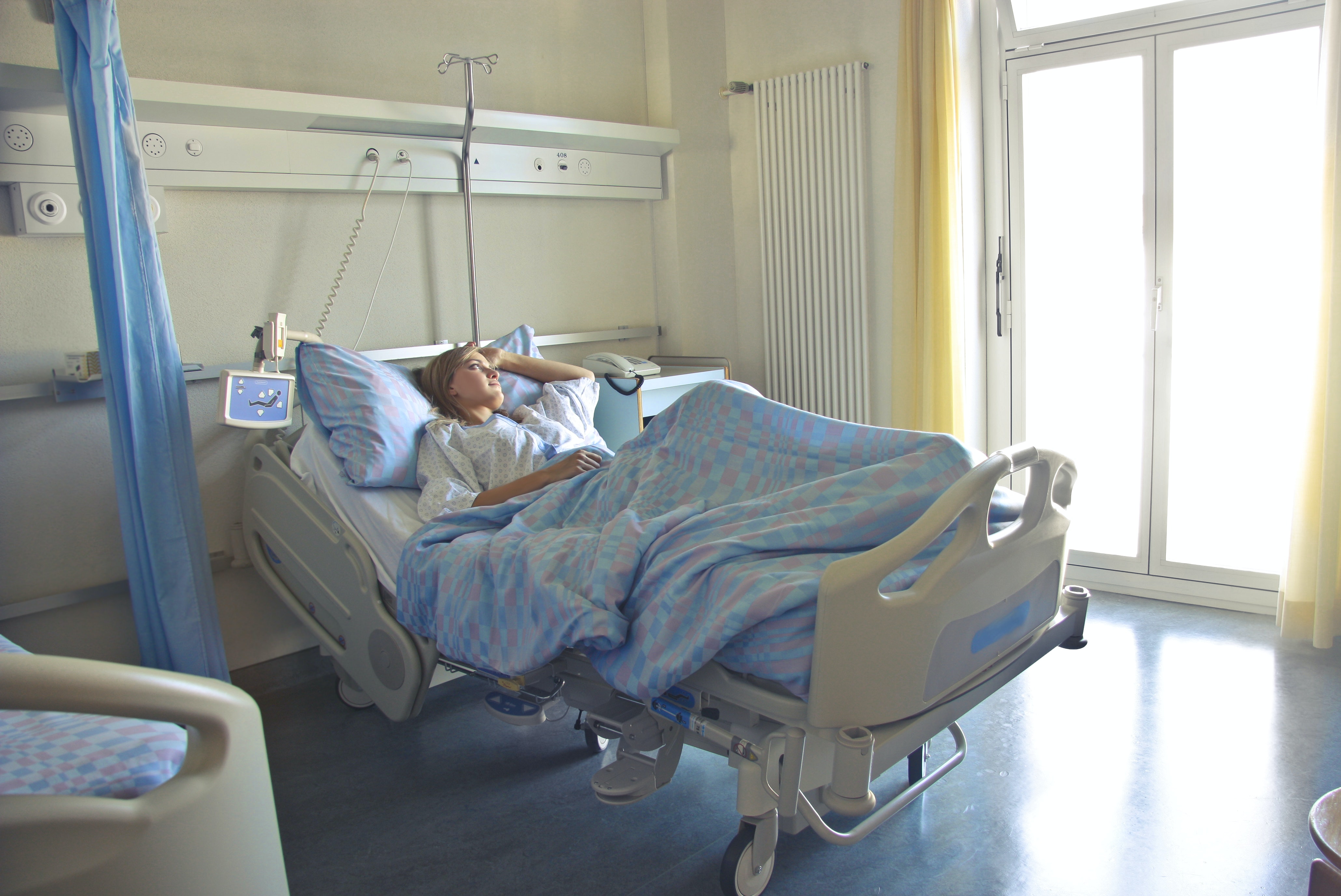
Amid increasing interest in value-based payment models for specialty care, it is important to identify oncology practices that provide high-quality cancer care. However, the ability to identify high-quality oncology practices remains uncertain.
In a study published in JAMA Network Open, professor of health care policy Nancy L. Keating MD, MPH, department of health care policy data analyst Laurie Meneades BS, department of health care policy research assistant Lauren Riedel MPH, associate professor of health care policy Jose R. Zubizarreta PhD, professor of health care policy Mary Beth Landrum PhD and colleagues assess the reliability of cancer care quality measures across oncology practices in the United States.
Utilizing registry and claims-based measures of process, utilization, end-of-life care, and survival for patients newly diagnosed with breast, lung, or colorectal cancer, the study team assessed the reliability of measures for identifying high-quality practices and the correlation of practice-level performance across measure type and cancer type. Patients diagnosed with cancer between January 2011 and December 2015 who were treated in oncology practices with 20 or more patients were included in the study. The study analyzed the receipt of guideline-recommended treatment and surveillance (process), hospitalizations or emergency department visits during 6-month after initiating chemotherapy (utilization), care intensity in the last month of life (end of life), and 12-month survival rates using the Surveillance, Epidemiology, and End Results Program registry linked to Medicare administrative data.
The study found limited reliability of measures across practices due to small numbers of newly diagnosed cancer patients in most practices and limited variation in measures across practices. In addition, measures had limited correlation across measure type and cancer type. These results indicate the need for more research to identify reliable measures for practice-level assessments of cancer quality.